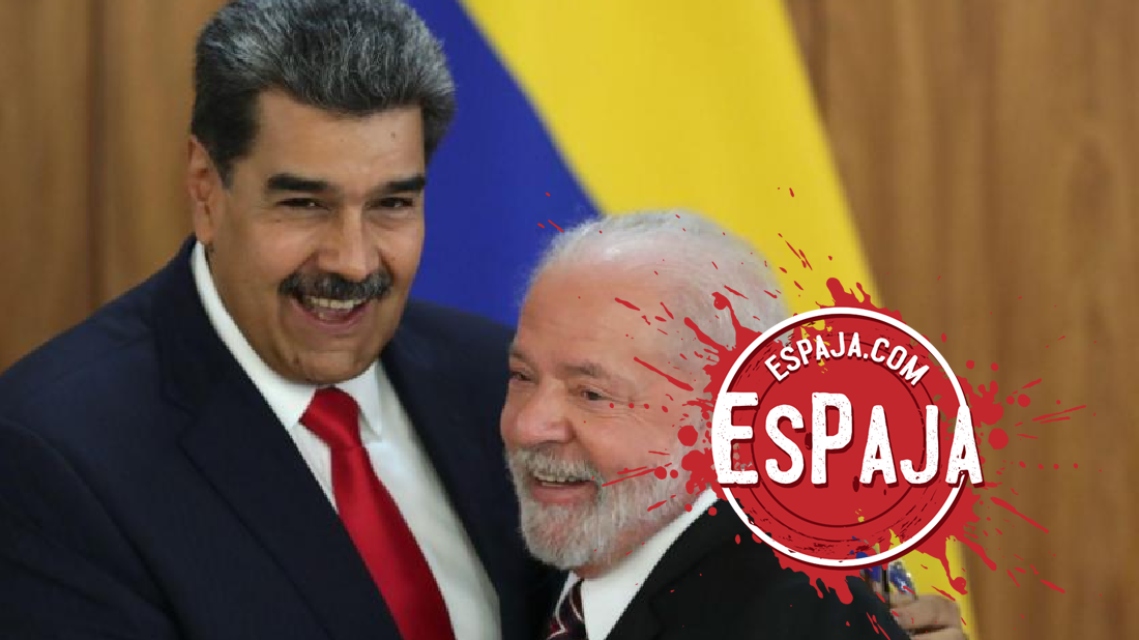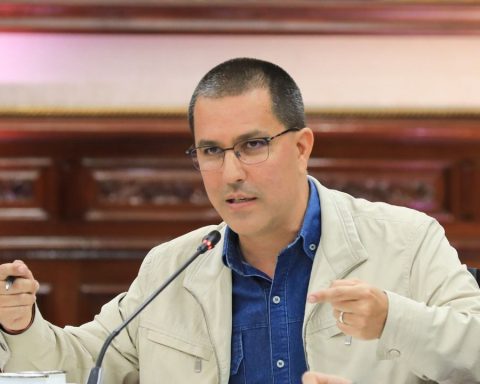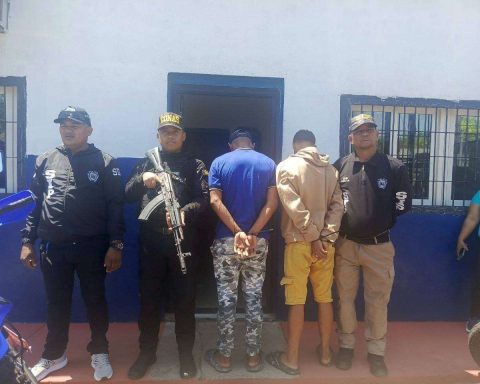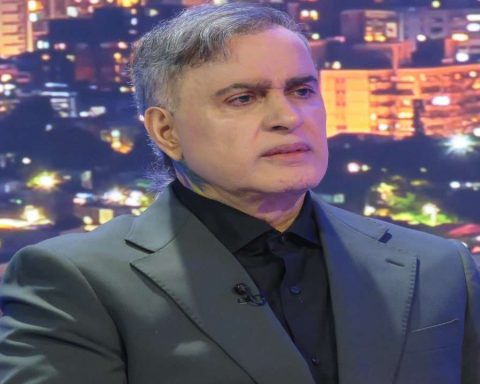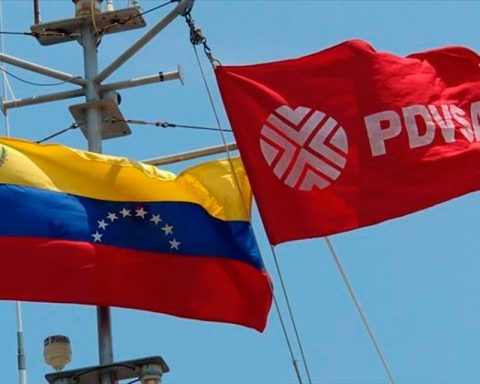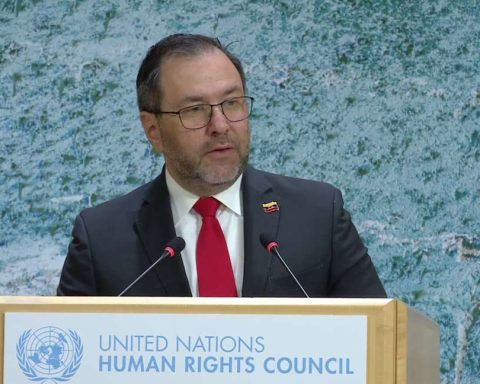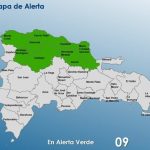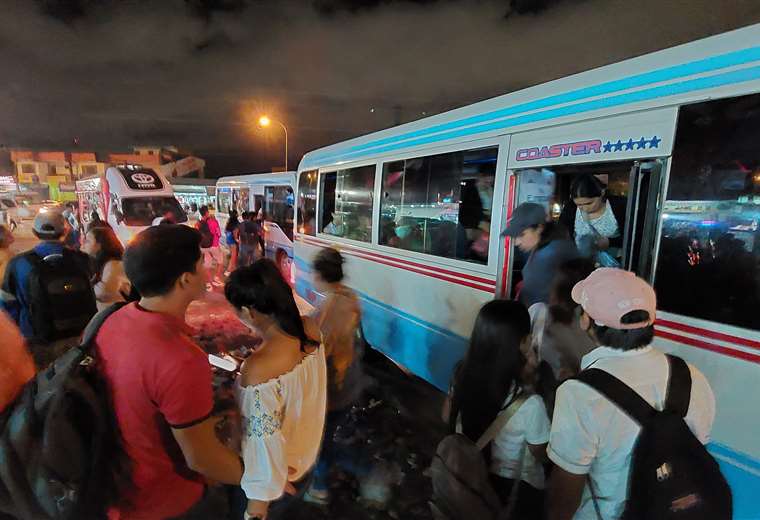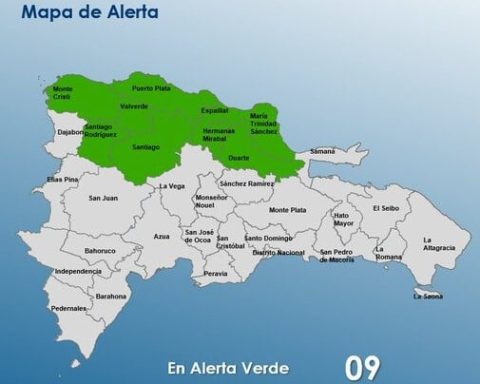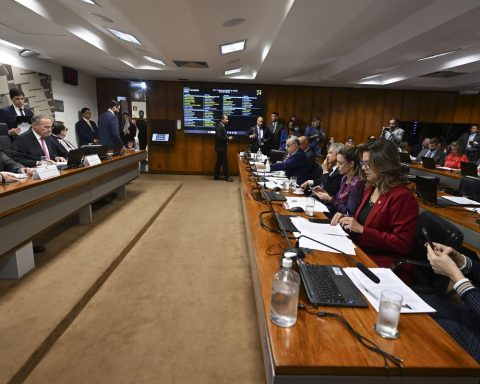It is not just a narrative as Lula says: the 10 years of Nicolás Maduro’s governments have shown traits of authoritarianism according to various definitions of this last term. As a striking fact, the Encyclopedia Britannica —which can be taken as a more or less universal reference— precisely cites Maduro as a ruler who responds to new modalities of authoritarian practices. The concentration of political power, the contempt for consensus, the reduction of opposition and the restriction of freedoms are some of the distinctive features that, objectively, have been accentuated in Venezuela.
Text: Alexis Correa
The unprecedented investigation opened to a Latin American country before the International Criminal Court, the rupture of the constitutional thread against a legitimate legislative power, the irregular convocation of a constituent assembly that never drafted a new Magna Carta, the holding of elections without true guarantees or the murder of at least 9,465 people by security forces —according to the NGO Provea— are not objective events that have occurred in the last 10 years. They correspond to a “constructed narrative” against Venezuela.
At least this is clear from the words that Brazilian President Luiz Inácio Lula da Silva declared — the nickname “Lula” was legally incorporated into his baptismal name in 1982 — in the presence of Nicolás Maduro when he received him at the Planalto palace (Brasilia ) on Monday, May 29, 2023 (official transcript in Portuguese from the Brazilian government).
A translation as faithful as possible into Spanish of the fragment in question of his public intervention (minute 30 of the video):
«You (to Nicolás Maduro) know the narrative that was built against Venezuela: anti-democracy, authoritarianism. It is up to Venezuela to show its narrative so that people can effectively change their minds (…) Your narrative will be infinitely better than the narrative they have against you.”
From Lula’s statement (reviewed in international media such as El Espectador) we can deduce that, in Venezuela in the last 10 years —since the election of Nicolás Maduro in 2013— there have been no true verifiable traits of authoritarianism. It is a “narrative that was constructed.” That is, a type of literary genre or narrative executed with skill, according to the Royal Spanish Academy.
But what do we call authoritarianism? Let’s start with some definitions. The simplest could be that of the RAE itself: «Regime or political system characterized by the excess or abuse of authority».
The Encyclopedia Britannica can be considered a fairly universal reference. There it is stated (English translation):
Authoritarian regimes are systems of government that do not have an established mechanism for the transfer of executive power and do not grant their citizens civil liberties or political rights. Power is concentrated in the hands of a single leader or a small elite, whose decisions are made without taking into account the will of the people.
It could be argued that in Venezuela there have been various types of elections since 2013, that is, “transfers of power”, although the Encyclopedia Britannica clarifies that, from the great totalitarian models of the 20th century, authoritarianism has adapted other modalities. In fact, Maduro himself is quoted by the Encyclopedia:
The perverse use of democratic institutions to maintain authoritarianism has become increasingly common in post-Cold War autocracies (…) Almost all authoritarian regimes today hold elections, but the playing field is not level (…) A case in point is Venezuela, where Nicolás Maduro allowed the opposition to win nearly a third of the vote in the 2018 presidential election. Token opposition is allowed to exist in most authoritarian regimes, but many opposition members are imprisoned, harassed, co-opted or divided. Voters are also exposed to misinformation about opposition candidates to ensure victory for the ruler.”
*Read also: NGOs and civil society condemn Lula’s statements on authoritarianism in the country
Finally, we have the Diccionario de Política (1993) by Norberto Bobbio, Nicola Matteucci and Gianfranco Pasquino, another well-known reference:
«Regimes that favor the aspect of command and underestimate in a more or less radical way that of consensus are usually called authoritarian, concentrating political power in one man or in a single body and diminishing the value of representative institutions: of there the reduction to the minimum expression of the opposition and the autonomy of the political subsystems and the annulment or the substantial elimination of the content of the procedures and of the institutions destined to transmit the political authority from the base to the top (…) a degenerative manifestation of authority, a claim and an imposition of obedience that largely dispenses with the consent of subordinates and restricts freedom».
Is authoritarianism in Venezuela a “narrative” that was built, as Lula claimed? Other authoritative sources disagree. Venezuelans “have endured a decade of deepening economic, humanitarian and human rights crises, as well as the dismantling of State institutions,” said Marta Valiñas, President of the Council’s Independent International Fact-Finding Mission on Venezuela. of Human Rights of the UN, in its speech of March 2022. The Mission has documented in its periodic reports a series of alleged violations of human rights that are typical of an authoritarian context.
The Venezuelan NGO Foro Penal documents 285 prisoners for political reasons in Venezuela in May 2023, one of the manifestations of the abusive use of power. Between 2014 and 2019, however, there was a cumulative 15,160 political arrests. And there were at least 2,169 people arbitrarily arrested between January and August 2019 alone, the period that coincided with the protests over Maduro’s re-election, considered fraudulent by the opposition-majority National Assembly.
Although it may be considered a flagrant contradiction, the Lula government has in the recent past shown its concern about the human rights situation in Venezuela. At least this is how André Simas, Brazil’s diplomatic representative to the UN Human Rights Council in Geneva, put it briefly, during a speech in March 2023.
*Read also: “The situation in Venezuela is not a narrative construction, it is a reality,” says Boric
Hot reactions on Lula
Lula’s statement generated almost immediate responses from some national or international organizations that work in the field of human rights. “Serious human rights violations are not a narrative. The pain of the victims is not a narrative. The opening of the investigation into Venezuela by the ICC is not a narrative,” replied Carolina Jiménez Sandoval, president of WOLA, the Office for Latin America in Washington, a US non-governmental organization.
“Mr. Lula, in 2023 alone some 8,900 victims overwhelmingly supported the resumption of the Investigation for crimes against humanity at the International Criminal Court. It is not a ‘constructed narrative’, it is part of a systematic plan against the civilian and dissident population, alerted by the UN. We ask for respect from all the victims, who deserve justice and reparation that the Venezuelan State does not provide,” the Venezuelan NGO Provea also warned,
«A well-coordinated structure for social control, exclusion and the repression of dissent persists. In 2022, the state practice —which has been configured as systematic— of discrimination and exclusion for political reasons continued. The National Assembly —elected in 2020 and with an official majority— continued to approve regulations and endorse the actions of the Executive, acting with its back to the National Constitution”, Provea also pointed out in its annual report presented in 2023.
“Instead of prosecuting those responsible for crimes against humanity, the Venezuelan government is building an institutional framework of impunity,” said the OAS Panel of Independent International Experts in another report released in 2023, which added:
“Several amendments (editor’s note: refers to legislation passed by the National Assembly elected in 2020) flagrantly violate the Venezuelan Constitution and, when evaluated holistically: further erode the already inadequate judicial system – plagued by lack of independence and impartiality and endemic corruption—and undermine their ability to investigate and prosecute suspected perpetrators (of possible crimes against humanity); they do not create effective and viable accountability mechanisms to bring alleged perpetrators to justice; and they do not establish accessible and transparent remedies, be they judicial, administrative or quasi-legal for the victims”.
“The Public Ministry has regularly failed to comply with its obligation to investigate and prosecute the people responsible for the events and the Ombudsman has remained silent in the face of human rights violations,” said the then UN High Commissioner for Human Rights in 2019. human rights, Michelle Bachelet, in her report on Venezuela that year, adding: “In recent years the government has tried to impose a communication hegemony by imposing its own version of events and creating an environment that restricts the media independent”.
His successor, Volker Turk, told the UN Human Rights Council in Geneva in his March 2023 oral update:
“My team continues to document cases, including people who remain in detention after release orders have been issued; people held in pretrial detention beyond the legally established limits; and situations determined by the Working Group on Arbitrary Detention as corresponding to the definition of arbitrary detention under international human rights law.”
*Read also: Authoritarianism in Venezuela is a “constructed narrative”, says Lula with Maduro
The result
It is false, as Lula stated, that the authoritarian traits of the governments of Nicolás Maduro —from 2023 to date— are only a narrative construction. We have several objective indications that some human rights have been systematically violated in Venezuela.
Legitimate democratic powers, such as the National Assembly with an opposition majority that emerged from the polls in December 2015, were institutionally fenced off by the Supreme Court of Justice affiliated with the Maduro government, as documented in a report by the Prodavinci portal. Opposition leaders ended up in exile or jailed.
The holding of various types of elections in Venezuela during this period —including the presidential ones that led to Maduro’s re-election for the period 2019-2025— does not necessarily exempt the government from authoritarian expressions.
“The presidential elections that have just been held in Venezuela (in 2018) cannot be considered representative due to the obstacles that have been placed on the participation of various opposition parties and leaders, the lack of agreement between the government and the opposition on the calendar and the voting procedure, as well as the lack of independence of the electoral judge and the many irregularities denounced by various candidates, “says, for example, a report by the French government.
Authoritarianism in Venezuela seems to be more than a narrative, and in fact, it is one of the best global examples of the evolution towards a new packaging of presentation of authoritarian regimes.
Post Views: 129
